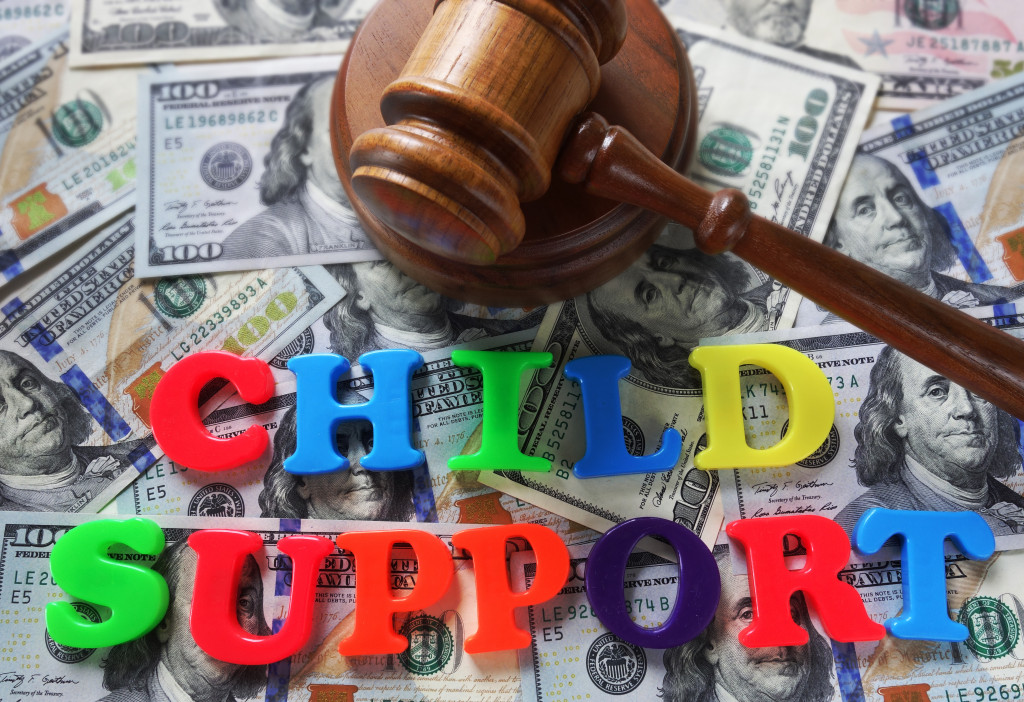When parents divorce, the issue of child custody and visitation rights is often one of the most contentious. Sometimes, one parent may try to keep the other from seeing their children. However, there are ways for the non-custodial parent to gain legal rights to child support. So here are some tips on how to gain legal rights to child support.
Using Paternity DNA Test
A paternity DNA test is the best way to establish legal rights to child support. This test can be performed before or after the child is born. If the father is not listed on the birth certificate, a biological relationship paternity DNA test can be used to establish paternity. When the biological relationship is established, the father or mother has the legal right to seek child support from the child’s mother.
A paternity DNA test can also be used to establish custody and visitation rights. In some cases, a paternity DNA test may be ordered by a court. The court may order a paternity DNA test if there is a question about the child’s paternity or a dispute between the parents about custody or visitation. A paternity DNA test can also be used to establish immigration status. If the father is not a U.S. citizen, a paternity DNA test can be used to establish that he is the child’s father and that the child has a right to U.S. citizenship.
Hire an Attorney
In cases where the non-custodial parent refuses to pay child support, the custodial parent can take legal action. Hiring an attorney is often the best way to ensure you receive the child support you are entitled to.
An attorney can help you navigate the often complex legal system and work to get you the best possible outcome. In some cases, this may mean going to court and getting a judge to order the non-custodial parent to pay child support. However, reaching an agreement outside of court may also be possible.
Filing for Child Support
There are a few key things to remember if you file for child support and want to ensure that you gain legal rights to the child support payments. First, filing for child support as early as possible is essential. It will help to establish a legal obligation for the other parent to make child support payments.

Additionally, keep detailed records of all child support payments made. This will help to prove your case if there are any disputes about the amount or timing of payments. Finally, if you have any questions or concerns about your legal rights, consult with an experienced family law attorney. They can provide guidance and represent your interests in court, if necessary.
Enforcing a Child Support Order
If you have already been awarded child support but the other parent is not making payments, there are a few things you can do. First, you can try to work out an agreement with the other parent. This may not be easy, but it is worth a try.
You can contact your state’s child support enforcement agency if you cannot agree. The agency can help you collect unpaid child support. In some cases, this may involve garnishing the other parent’s wages or putting a lien on their property. You can also take the other parent to court. This is usually a last resort, but it may be necessary if the other parent refuses to pay child support.
Modifying a Child Support Order
A party seeking to modify a child support order must show a material and substantial change in circumstances. A material change is a significant change, while a substantial change affects the child’s welfare or well-being. Some changes that may be considered material and substantial include the loss of a job, an increase in income, or a change in the custody arrangement.
In most cases, a party must also show that the modification is in the child’s best interests. The court will consider various factors when determining whether a modification is in the child’s best interests, such as age, health, and education needs. Ultimately, the court will decide what is best for the child’s overall welfare and well-being.
If you are seeking to modify a child support order, it is vital to show that there has been a material and substantial change in circumstances. Additionally, you must demonstrate that the modification is in the child’s best interests. An experienced family law attorney can help you gather the necessary evidence and take your case to court.
It is important to take action if you are seeking child support or have been awarded child support, but the other parent is not making payments. An attorney can help you navigate the legal process and work to get you the best possible outcome. In some cases, this may mean going to court and getting a judge to order the non-custodial parent to pay child support. However, reaching an agreement outside of court may also be possible. Ultimately, what is most important is what is in the child’s best interests.

